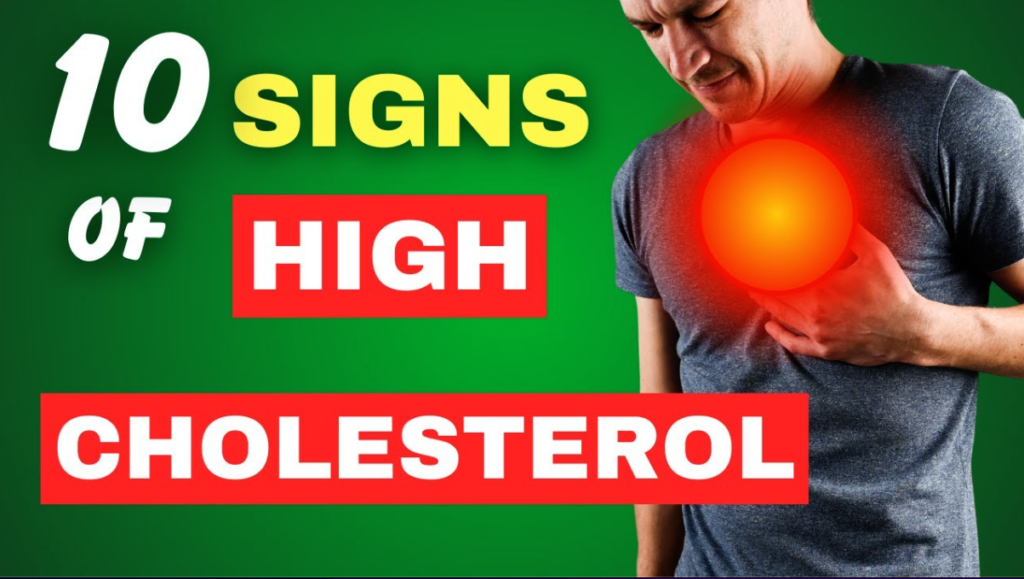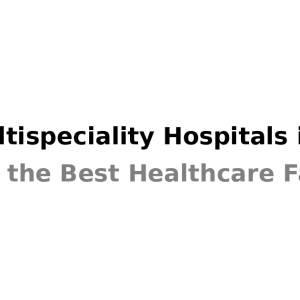Warning Signs of High Cholesterol – High cholesterol is a silent menace that can quietly wreak havoc on your health, increasing your risk of heart disease and stroke if left unchecked. While high cholesterol often presents with no noticeable symptoms, there are subtle warning signs that may indicate elevated cholesterol levels in the body. In this comprehensive guide, we’ll delve into five warning signs of high cholesterol, from fatigue to stress, empowering you to take proactive steps towards better heart health.
5 Warning Signs of High Cholesterol

- Persistent Fatigue: Feeling constantly tired despite getting an adequate amount of sleep could be a warning sign of high cholesterol. Cholesterol plays a crucial role in building cell membranes and producing hormones, and when levels are elevated, it can hinder blood flow to vital organs, including the brain. As a result, you may experience persistent fatigue and a lack of energy, even after restful sleep. If you find yourself struggling to stay alert and focused throughout the day, it’s essential to consider the possibility of high cholesterol and consult with a healthcare professional for evaluation and testing. Warning Signs of High Cholesterol.
- Unexplained Weight Gain or Obesity: Unexplained weight gain or obesity can be both a cause and a consequence of high cholesterol levels. When cholesterol levels are elevated, excess cholesterol can accumulate in the walls of arteries, leading to a condition known as atherosclerosis. This buildup of plaque restricts blood flow to the heart and other organs, increasing the risk of heart disease and stroke. Additionally, high cholesterol can contribute to weight gain by impairing metabolic function and promoting the accumulation of visceral fat, especially around the abdomen. If you’ve noticed a gradual increase in weight or struggle to maintain a healthy weight despite dietary efforts, it’s crucial to monitor your cholesterol levels and make lifestyle modifications to reduce your risk of cardiovascular complications.
- Chronic Stress and Anxiety: Chronic stress and anxiety may seem like purely psychological issues, but they can also impact your cholesterol levels and overall heart health. When you’re under stress, your body releases hormones like cortisol and adrenaline, which can temporarily raise cholesterol levels and increase the production of triglycerides, another type of blood fat linked to heart disease. Over time, chronic stress can contribute to the development of unhealthy lifestyle habits, such as overeating, poor dietary choices, and lack of exercise, all of which can further elevate cholesterol levels and exacerbate cardiovascular risk. By prioritizing stress management techniques, such as meditation, exercise, and relaxation techniques, you can not only improve your mental well-being but also safeguard your heart health against the detrimental effects of chronic stress.
- Erectile Dysfunction (ED): Erectile dysfunction (ED) may be an early warning sign of underlying cardiovascular issues, including high cholesterol. Research suggests that the same arterial plaque buildup that narrows blood vessels and restricts blood flow to the heart can also affect blood flow to the penis, leading to ED. Since cholesterol contributes to the formation of plaque in arteries, elevated cholesterol levels can impair blood flow to the pelvic region, resulting in difficulty achieving or maintaining an erection. If you experience persistent or recurrent episodes of ED, it’s essential to address potential underlying causes, including high cholesterol, through lifestyle modifications and medical intervention to prevent further cardiovascular complications.
- Frequent Digestive Issues: Digestive issues such as bloating, gas, indigestion, and constipation may be associated with high cholesterol levels, particularly if they persist over time. Cholesterol plays a vital role in the production of bile acids, which aid in the digestion and absorption of fats in the intestines. When cholesterol levels are elevated, it can disrupt the balance of bile acids, leading to digestive disturbances and discomfort. Additionally, high cholesterol levels can contribute to the formation of gallstones, which can cause symptoms such as abdominal pain, nausea, and vomiting. If you experience recurrent digestive issues or suspect high cholesterol as a potential cause, consult with a healthcare professional for proper evaluation and management.
Conclusion: High cholesterol is a silent but significant risk factor for heart disease and stroke, affecting millions of individuals worldwide. While it often presents with no noticeable symptoms, being aware of the warning signs can help you identify potential issues early and take proactive steps towards better heart health.
Warning Signs of High Cholesterol. From persistent fatigue to unexplained weight gain, chronic stress, erectile dysfunction, and digestive issues, recognizing these warning signs and addressing underlying factors such as high cholesterol through lifestyle modifications and medical intervention can significantly reduce your risk of cardiovascular complications and improve your overall quality of life. Remember, prioritizing regular health screenings, maintaining a healthy diet, staying physically active, and managing stress are key pillars of cardiovascular wellness that can help you lead a longer, healthier life.





